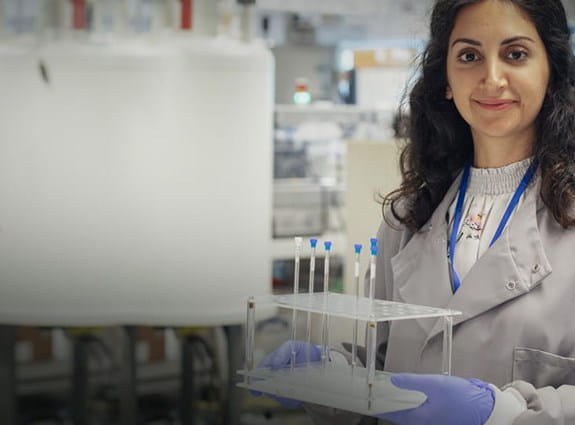
Understanding cancer research
Cancer research is a careful, step-by-step process. Researchers across the globe study every stage of the cancer journey, from prevention and screening to diagnosis, treatment, life after cancer and end-of-life care. What we know about cancer – how to prevent it, how it develops, how to treat it, how to help people cope with it – depends on different kinds of research.
This research happens at many levels and in many settings.
Basic Cancer Research

Clinical Research

Population Research
Population health research aims to understand why some groups of people are healthier than others and how common characteristics affect cancer risk and long-term health.

Health services research
Health services research focuses on the quality, accessibility and cost of healthcare so that everyone can get the care they need, no matter who they are or where they live.

Precision medicine research

How to evaluate cancer research
It’s an exciting time for cancer research. As researchers discover new pieces of the cancer puzzle, our collective knowledge grows. When hearing about any new research, it’s important to think critically about the study’s strengths and weaknesses.
Help fund world-leading cancer research
With almost half of all Canadians expected to face a cancer diagnosis in their lifetime, the urgency for funding is at an all-time high. Research holds the key to transforming the future of cancer.
If everyone reading this joins our monthly donor community today, we can keep up the momentum for life-changing discoveries to better detect, diagnose and treat all types of cancer.
Please donate today because every contribution counts.
